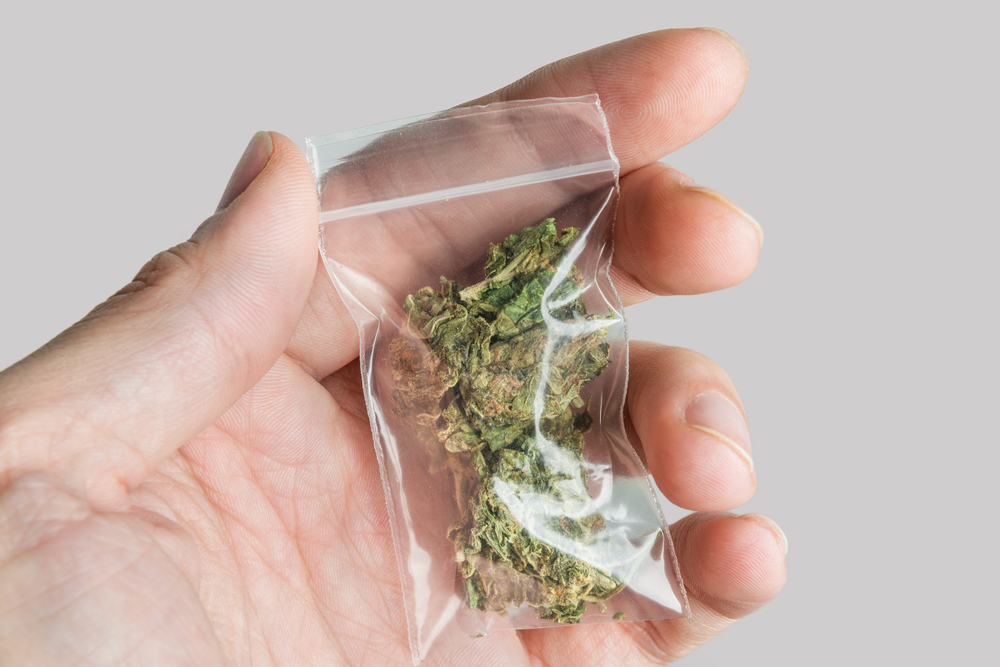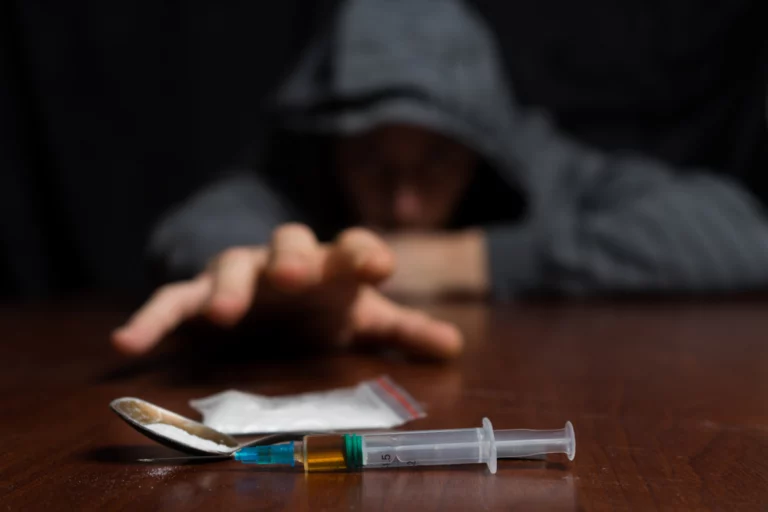Is Weed a Stimulant or Depressant?
What are the Main Drug Categories?
Many people ask the question- “Is weed a stimulant or depressant?” The answer, however, is not so simple. Drugs are classified based on their effects and characteristics. There are four general categories to which each drug generally belongs:
- Depressants – Slowing down your brain function is what depressants do. Alcohol, alprazolam (Xanax), and barbiturates are examples.
- Stimulants – Drugs that make you feel more alert and energetic are known as stimulants. These drugs can become highly addictive, and they may cause paranoid thoughts over time. Methamphetamine, cocaine, and ADHD prescription medications are all examples.
- Hallucinogens – Hallucinogens alter the way nerve cells in the brain communicate with one another, thereby altering your perception of reality. LSD, psilocybin, and MDMA are all examples.
- Opiates – Heroin, morphine, and other prescription painkillers are powerful painkillers that rapidly produce euphoria. Opiates are highly addictive and can have lasting adverse effects on your brain.
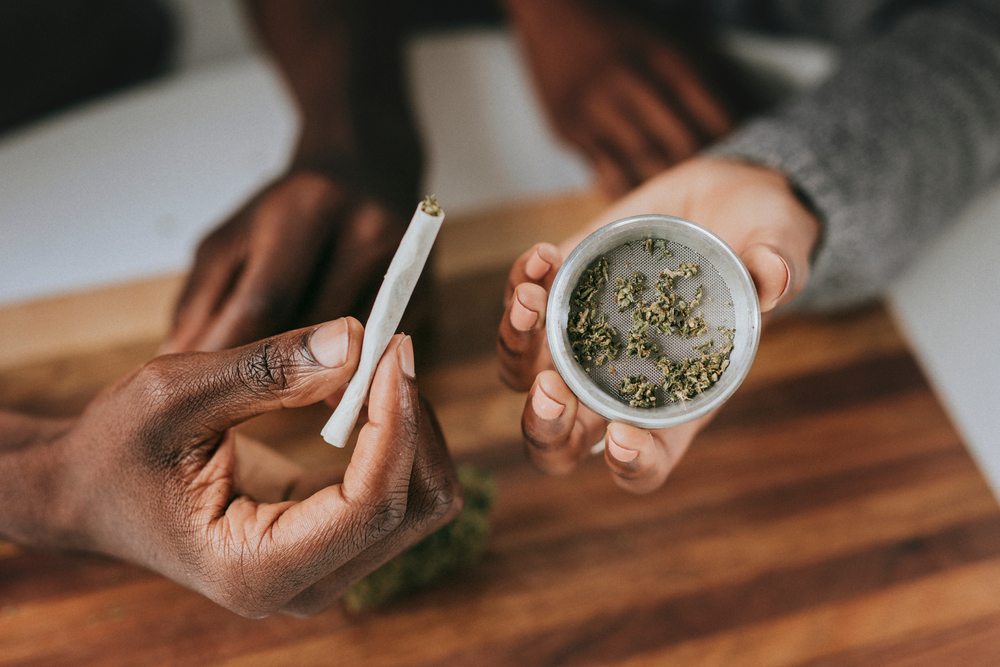
Marijuana, more commonly known as weed, is not as simple to categorize as you might think. There are a variety of different strains and types of weed, and the consequences can differ significantly between individuals. According to the University of Maryland, it is a depressant, a stimulant, and a hallucinogen, depending on the strain, how its ingested, or simply dependent on an individual’s unique reaction. Weed is never defined as an opiate because it never fits into that category. To learn more about how marijuana affects us, read on.
Is Weed a Depressant?
Weed can act as a depressant. Sedatives, hypnotics, and tranquilizers are all examples of central nervous system depressants. They are used to treat anxiety, acute stress reactions, and panic disorders, all of which slow down brain function. Using a depressant can help calm nerves and relax tense muscles. Furthermore, these drugs can help treat a variety of conditions including insomnia, anxiety, and muscle spasms. While these drugs can have beneficial short-term outcomes, they may also have adverse consequences. These include :
- Confusion
- Nausea
- Respiratory depression
- Poor coordination
- Slurred speech
- Dizziness
- Memory loss
- Fatigue
Some depressants, such as barbiturates, are particularly addictive. You might also become tolerant to a depressant, such as marijuana, which means you will require more of it to feel the effects you once felt. You may also become dependent on weed for certain things. For instance, if you rely on weed to sleep, you may have difficulty sleeping without it. Smoking anything, whether it’s tobacco or weed, irritates your airways and increases your risk of respiratory infections, such as bronchitis or an ongoing cough.
How Depressants Affect Mental Health
Long-term or even short-term use of depressants can cause serious side effects, some of which may be life-threatening. Individuals become dependent on depressants over time, and withdrawal can be dangerous. Individuals’ tolerance to the drug increases, making them more dependent and causing withdrawal issues.
When consumed, depressants increase the activity of GABA in the brain, resulting in a spike in sleepiness and clumsiness. These symptoms diminish over time or disappear altogether. However, people who take depressants over long periods of time will eventually require more in order to achieve the same result.

Is Weed a Stimulant?
Yes, marijuana, or “weed”, can act as a stimulant in some. Stimulants have the opposite effects as depressants do. Depressants frequently make you feel sleepy or calm, while stimulants keep you alert and active. Stimulants may cause rapid breathing in some individuals, as well as increased heart rate and blood pressure. In addition to improving your mood, stimulants can increase your focus and energy. Stimulants, however, can also cause undesirable or dangerous side effects such as:
- Irregular heartbeat
- High body temperature
- Anxiety
- Irritability
- Paranoia
- Heart failure
- Insomnia
Weed affects everyone differently. Some individuals may feel calm and comfortable after using it, whereas others may feel highly stimulated or anxious. Weed is less dangerous than many other stimulants. Methamphetamine and cocaine, for example, are highly addictive drugs that can damage both your brain and body. Stimulant side effects of marijuana pose just as much risk as depressant effects. Regardless if it acts as a stimulant or depressant, you may become dependent on it, and smoking it will still cause respiratory issues.
How Stimulants Affect Mental Health
Many people who battle with stimulant abuse also battle with anxiety and panic attacks, and as a result, may develop anxiety and panic disorders over time. Depending on the specific stimulant drug they have been using, a person may also begin to experience paranoia and visual or auditory hallucinations. In these severe cases, individuals typically begin to use the substance more heavily instead of seeking treatment, which can cause serious and permanent mental health issues as a result.
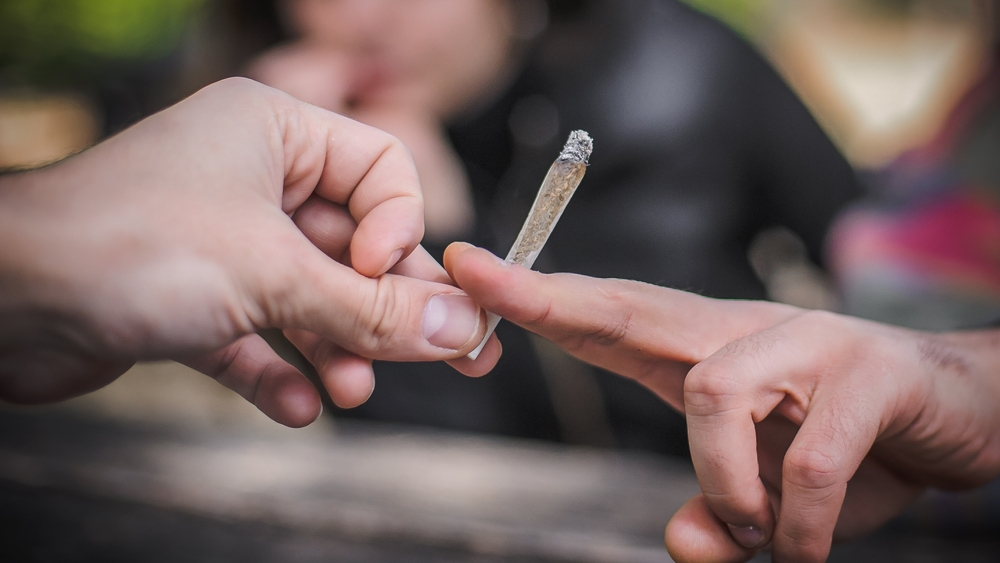
Is Marijuana a Hallucinogen?
Yes, marijuana can produce hallucinations but is rarely classified solely as a hallucinogen. As a result of the drug’s time distortion and other sensory alterations, users may experience hallucinations while under the influence of this substance. Hallucinations, although they occur infrequently and are not present in all patients, are a result of weed consumption.
In addition to experiencing hallucinations, hallucinogenic drugs can also produce the following side effects:
- Loss of motor control
- Altered sense of time
- Detachment
- Memory loss
- Erratic behavior
- Increased heart rate
- Dry mouth
- Nausea
- Panic attacks
Marijuana can produce all of the above-mentioned effects on a user, which places it in the hallucinogen category. Long-term use of hallucinogens may cause anxiety, memory loss, speech problems, and depression. In rare instances, people may develop psychosis, flashbacks, or a condition known as hallucinogen persisting perception disorder. These severe cases are not caused by marijuana use, but by more potent hallucinogens such as LSD, PCP, and mushrooms.
How Hallucinogens Affect Mental Health
The nervous system’s messaging is disrupted by hallucinogens, which interfere with specific regions of the brain that utilize serotonin, a neurotransmitter that regulates our moods, feelings, and happiness, as well as neuronal communication. Certain hallucinogenic effects occur in the prefrontal cortex, which governs mood, perception, and thinking, including sleeping, eating, and digestion.
While many people consider these substances to be harmless and non-addictive, they do not understand the mental health implications of hallucinogens. Certain psychedelics and mental illness are correlated because they can cause schizophrenia, which results in visual disturbances, flashbacks, erratic thinking, paranoia, anxiety, and mood swings. Hallucinogen persisting perception disorder (HPPD) causes severe mental images and visual disturbances.
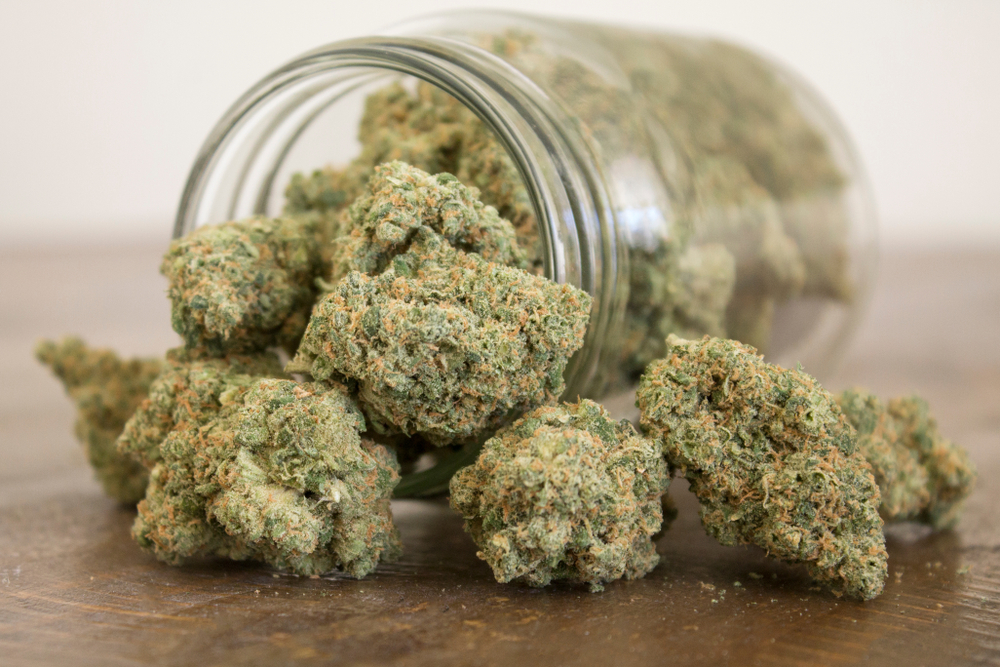
Is Weed a Stimulant, Depressant, Hallucinogen, or All Three?
Every person reacts differently to weed, as it can have a wide range of psychological and physical outcomes. Some individuals may become tired or relaxed after consuming it, while others may become energized and attentive. Weed may also assist people with mental health issues, such as anxiety and depression, in addition to treating them. In contrast, it may cause anxiety in others over time. Because of this, weed may be described as a depressant, a stimulant, or a hallucinogen.
Is Weed Addictive?
According to the National Institute on Drug Abuse, 30% of those who consume marijuana may have some form of a marijuana use disorder, a condition that, in the most severe instances, is similar to addiction. Those who begin using marijuana prior to age 18 are 4-7 times more likely to develop a marijuana use disorder than adults. People with marijuana use disorder often feel unable to quit using the drug even if it interferes with many aspects of their lives. Once these individuals attempt to quit, they will likely experience withdrawal symptoms, another indicator of an addiction.
Get Help With Cannabis Use Disorder
Because Marijuana use has become such a complex social issue, it is difficult to tell if you have a problem, and even more difficult to quit. In the same way that alcohol is popularised, so too has Marijuana become more widespread. Although many people who are dependent on or addicted to Marijuana do not believe they have a problem, they might still benefit a lot from marijuana addiction treatment.
Choosing to receive treatment for Marijuana addiction can be difficult, especially for those who believe it is unnecessary. However, many individuals who wish to get rid of their marijuana habit cannot do so on their own. The key is to remember that, with our help, you can accomplish it.
At Durable Recovery, our multidisciplinary team of professionals can help you or your loved one tackle marijuana addiction once and for all. To learn more about how we can help, contact Durable Recovery today. You no longer have to struggle with addiction alone.


